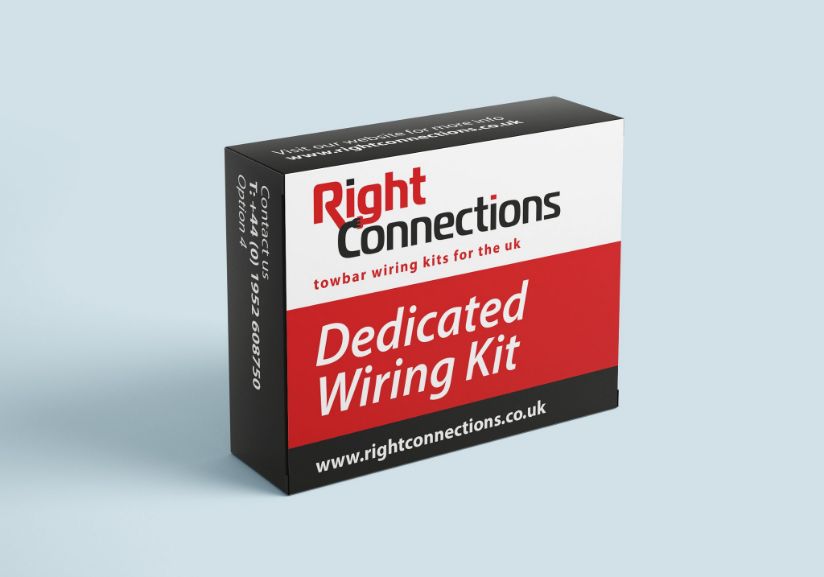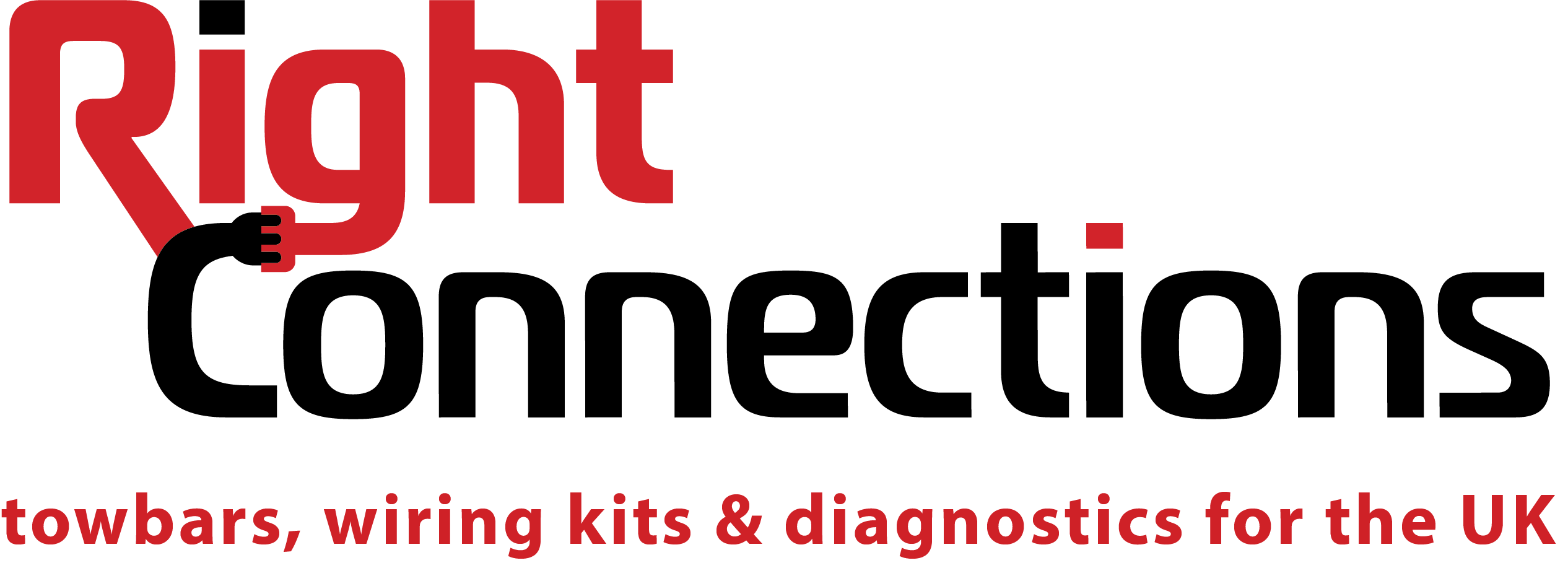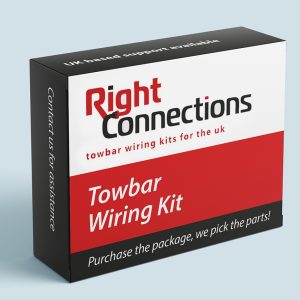- Does not require Diagnostic Coding
- Fitting time of around 30-60 minutes
- C2 by audible buzzer, Automatic OE PDC cut off.
- This kit requires additional 3 wire extension kit- Part number UV005ZZ or UV007ZZ Available separately
- Check Vehicle Compatibility
Vehicle specific towbar wiring kits, relays and CANbus modules for towbar manufacturers and installers


Swan Neck
- Compatible for use with AL-KO stabiliser without the requirements of a replacement ball
- Less likely to affect reversing sensors
- Not compatible with common accessories such as bumper protectors or tow-steps
- Cannot be used for a cycle carrier whilst towing at the same time
- More aesthetically pleasing than a flange style towbar
Detached
- Suitable for vehicles with reversing sensors
- In most instances the system is completely invisible once the neck is removed
- Compatible with AL-KO and other friction style stabilisers
- Allows free access to the rear of the vehicle
- Lockable with a set of two keys provided
- Storage bag provided for safe keeping once next is removed
Flange
- Popular in the UK
- Can be used with accessories such as bumper guard and tow-steps
- Tow ball height can be adjusted on some commercial vehicles
- Capable of using accessories like some models of cycle carriers whilst towing
No Electrics
No electrics will be supplied with the towbar.7-pin Vehicle Specific Single Electrics
When you are towing a standard trailer or have a lighting board attached and even a bike carrier a 7-pin vehicle specific kit will enable all of your light functions for this job. A 7-pin Vehicle Specific Single Electrics kit provides all of the basic legal lighting requirements for towing and harnesses perfectly with your car. We never fit by-pass or universal electrics to your vehicle!What can a 7-pin electric socket power?
- Left indicator
- Right indicator
- Taillights
- Fog lights
- Brake lights
13-pin Vehicle Specific Electrics
You will need a 13-pin Vehicle Specific Electrics kit for towing a caravan because it provides all of the legal lighting requirements for towing, as well as powering the electrics inside your caravan. Most caravans, manufactured after January 2009, will have 13-pin electrics and will also connect to your reverse lights whilst providing a full power supply inside your caravan. Please note if you have the older 12n 12s style electrics we will still fit the latest electrics to your vehicle and then simply provide a 12n 12s to 13 pin adapter.What can a 13-pin electric socket power?
- Left indicator
- Right indicator
- Taillights
- Fog lights
- Brake lights
- Reverse lights
- Caravan electric (inside)
SAIC (LDV) MAXUS DELIVER 9/ EV90- 13 Pin Towbar Wiring Kit – SC00413
Total:
£216.85
1 in stock
In Stock
| Title | Range | Discount |
|---|---|---|
| Standard Bulk Buys | 2 - 5 | 2% £212.51 |
| Standard Bulk Buys | 6 - 10 | 4% £208.18 |
| Standard Bulk Buys | 11 - 20 | 6% £203.84 |
| Standard Bulk Buys | 21 + | 8% £199.50 |
Information type
Information
Socket
13 Pin Screw Terminals
Bulb Failure Notification
Audible Buzzer
Parking Sensor Deactivation
OE Parking sensor Cut Off (Coding may be required)
Fog Cut Off
With rear fog light cut off
LED Compatible
LED Compatible (Minimum 40mA current draw required)
Compatible Vehicles
SAIC (LDV) EV90 2020 >>
SAIC (LDV) MAXUS DELIVER 9 2020 >>
SAIC (LDV) MAXUS e- DELIVER 9 2020 >>
Fitting Guides
Customers also purchased:
Related products
Right Connections Dedicated Towbar Electrics
Multi-Fit Kit CHEVROLET/VAUXHALL – 13 Pin Towbar Wiring Kit – VA00213M
Total:
£131.84
Add to cart
Right Connections Dedicated Towbar Electrics
Vauxhall Astra (K) – 7 Pin Towbar Wiring Kit – VA00707
Total:
£131.49
Add to cart
Right Connections Dedicated Towbar Electrics
Subaru Multi-Fit – 7 Pin Towbar Wiring Kit -SB03607
Total:
£160.55
Add to cart
Right Connections Dedicated Towbar Electrics
Toyota Hilux – 7 Pin Towbar Wiring Kit – TO26007
Total:
£150.86
Add to cart
Copyright© 2026 Right Connections UK Ltd |
502-503, Queensway Business Park, Hadley Park, Telford TF1 7UL





